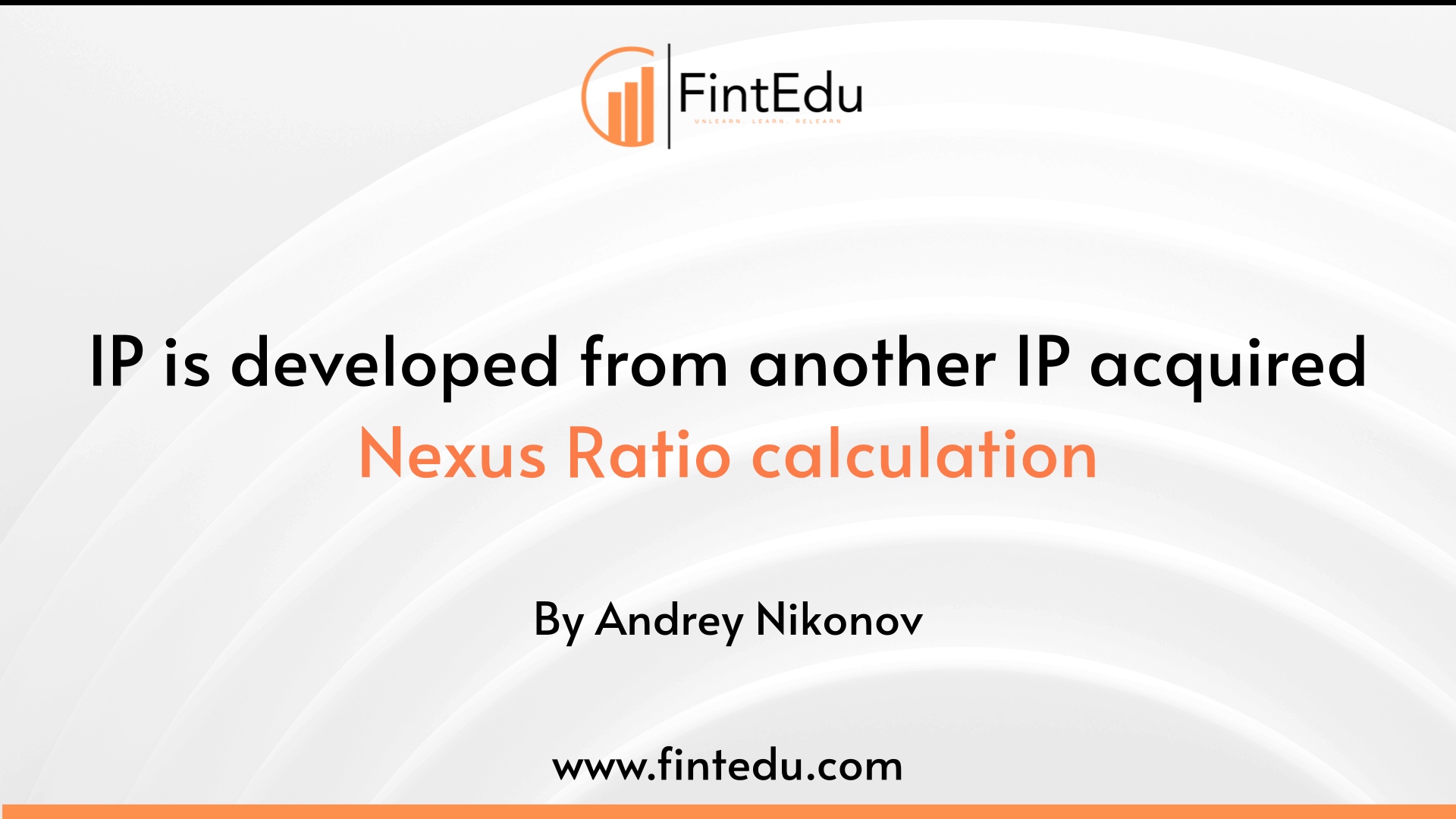LISTEN TO THIS ARTICLE
Scenarios where one intellectual property (IP) asset is acquired to create or integrate into another IP asset can raise important considerations. Under the UAE’s corporate tax regime, acquisition costs may reduce the portion of income that qualifies for the 0% tax rate, prompting a review of whether this treatment should apply when IP assets are merged or embedded into a unified functional asset.
Should this potentially less favorable tax treatment apply in cases where one IP is incorporated into another? Practical examples illustrating this issue are available on slides 2 and 6-8, while slides 3-5 provide rules to guide these interpretations. Additionally, the Irish Tax and Customs authorities’ perspective on similar provisions offers insight into potential risks and opportunities.
An important consideration from the tax authority’s stance is the assertion that “much software development does not qualify as R&D activity.” This interpretation is crucial for companies to factor into their tax planning and compliance.
Click Link to access
Disclaimer: Content posted is for informational and knowledge sharing purposes only, and is not intended to be a substitute for professional advice related to tax, finance or accounting. The view/interpretation of the publisher is based on the available Law, guidelines and information. Each reader should take due professional care before you act after reading the contents of that article/post. No warranty whatsoever is made that any of the articles are accurate and is not intended to provide, and should not be relied on for tax or accounting advice
Contributor
Related Posts

@@PLUGINFILE@@/RD%20Principles%20in%20Identifying%20Core%20Attributes%20in%20Innovation.mp3&nb...
Read More
@@PLUGINFILE@@/Overview%20of%20the%20Corporate%20Tax%20Returns%20Guide%20No.%20CTGTXR1.mp3 ...
Read More
A company established and residing in the UAE (referred to as UAE Co.) is planning to distribute app...
Read More